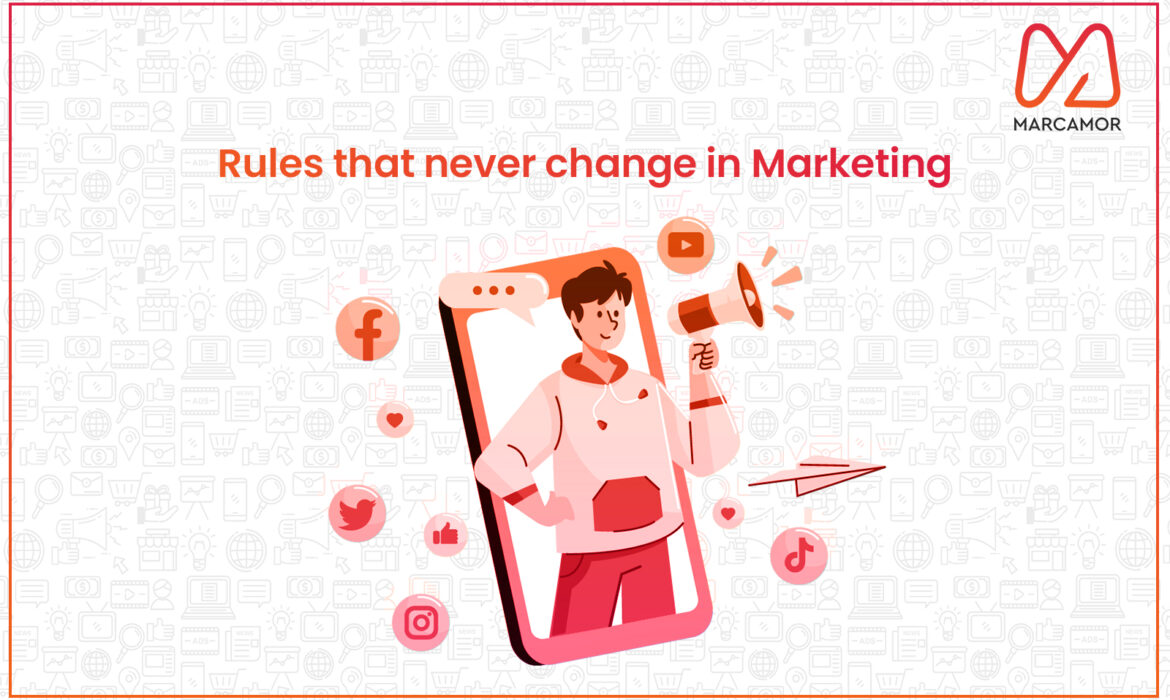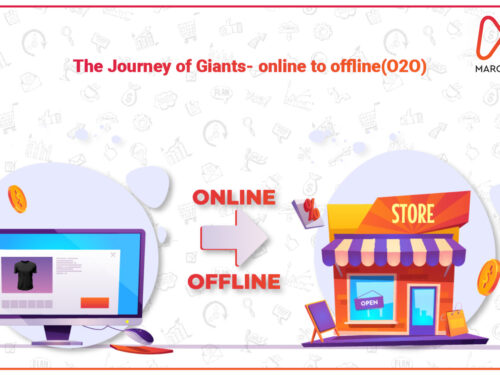1. Listen
Before you begin tossing out advice regarding ways to help someone, take enough opportunity to listen to.
Listen to get a necessity. Listen to get a query. It’s amazing what people can tell you in the event that you provide them the chance to speak. Let’s let you know about their requirements.
As soon as you hear the things that they have been searching for, you are better able to manage your own pitch to show the way your services or products can fix your own problems.
Before you begin tossing out information on how you can help someone, take enough opportunity to listen. It’s amazing what people can tell you in the event that you provide them the chance to speak.
2. Keep it easy
Have you ever gotten on a roll talking about your business, and then noticed someone’s eyes are glazing over? Logically, it might seem like the more info you give someone, the better they’ll understand things. In truth, we have the attention span of goldfish, so when you overload someone with information, they tune out. People understand and remember simple, straightforward messages. So never forget the KISS principle.
3. Be client-centric
Small businesses and consultants often feel a need to prove their worth by placing their credentials at the forefront of their marketing efforts. The cold, hard truth is that a consumer doesn’t actually care. Your degree from Harvard might be very impressive, but how does that actually impact them?
That’s not to say that your experience has no value, and in truth your credentials can often help sway a prospect if they are deciding between multiple vendors.
However, that comes later.
The first step is getting a customer to understand what you can do for them. That means you need to focus on them and their challenges before you start offering up solutions.
4. Be Consistent
- When you are building a brand, you need to be consistent. That means:
- Your logo should always appear the same way
- You should always use the same brand colors
- Your tone of voice should not change





















